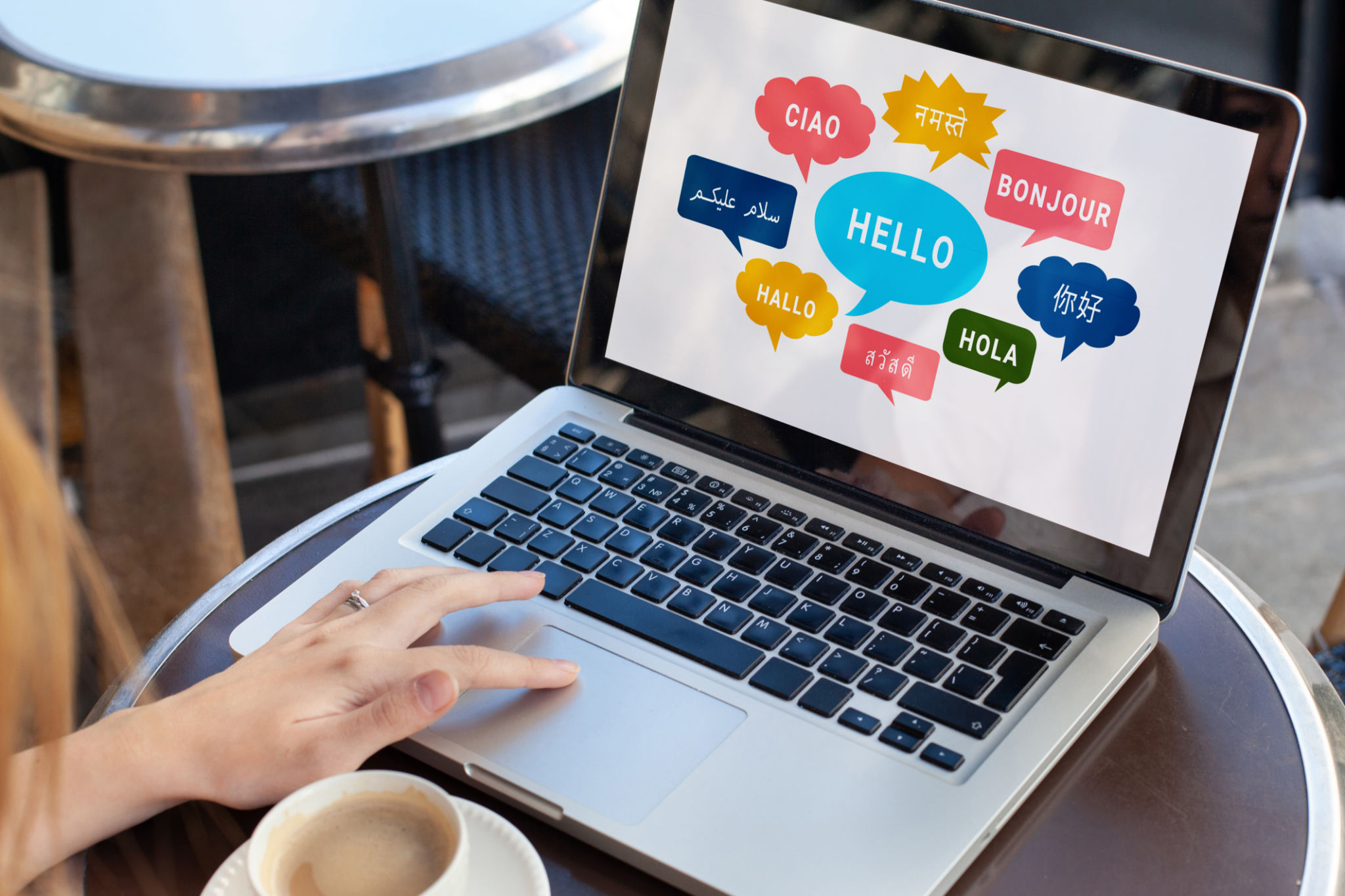Comprehensive Guide to Localization in Indonesia
Understanding Localization
Localization is a crucial process for businesses looking to expand into new markets. It involves adapting content, products, and services to meet the cultural, linguistic, and legal requirements of a specific region. In Indonesia, localization is particularly important due to the country's rich diversity, with over 700 languages spoken across its islands.
For companies aiming to succeed in Indonesia, understanding the local culture and preferences is essential. This requires more than just translating words; it involves cultural adaptation and ensuring that your brand resonates with Indonesian audiences.

Language Adaptation
One of the first steps in localization is language adaptation. Although Bahasa Indonesia is the official language, many Indonesians are multilingual, speaking regional languages like Javanese or Sundanese. It's important to consider which language will best reach your target audience.
Working with native speakers or professional translation services can help ensure accuracy and cultural relevance in your messaging. Keep in mind that idioms and local expressions might not translate directly, so context and cultural nuances must be considered.

Cultural Sensitivity
Indonesia is a predominantly Muslim country, which means that cultural sensitivity is paramount. Businesses must be aware of religious norms and practices that may affect consumer behavior. For instance, during Ramadan, consumption patterns shift significantly, and marketing strategies should be adjusted accordingly.
Respect for local customs and traditions is also vital. Using imagery, symbols, and language that align with Indonesian values can enhance brand acceptance and loyalty among local consumers.

Legal Compliance
Another crucial aspect of localization is ensuring that your business complies with Indonesian laws and regulations. This includes aspects such as product labeling, advertising standards, and data protection laws. Failing to comply can result in fines or damage to your brand's reputation.
Consulting with local legal experts can help navigate the regulatory landscape and ensure all aspects of your business are compliant with Indonesian law.
Adapting Marketing Strategies
Marketing strategies that work in one region may not necessarily succeed in another. In Indonesia, digital marketing is particularly effective due to the high penetration of mobile internet users. Social media platforms like Instagram and Facebook are popular channels for reaching Indonesian consumers.
Understanding local trends and consumer behavior can help tailor marketing campaigns that engage the audience effectively. Collaborating with local influencers can also be a powerful way to build brand credibility and reach a wider audience.

Conclusion
Localization in Indonesia involves a comprehensive approach that goes beyond translation. By adapting to local languages, cultures, and legal requirements, businesses can effectively connect with Indonesian consumers and achieve success in this vibrant market.
By investing in thorough research and collaboration with local experts, companies can ensure their products and services resonate with the unique preferences of Indonesian consumers, paving the way for sustainable growth in this diverse market.
